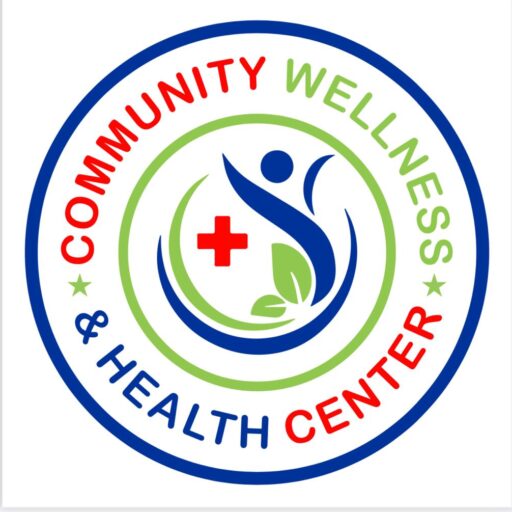Isolation and loneliness are growing concerns among the elderly population worldwide. As people age, they may face limitations in mobility, decreased social interactions, and the loss of valued ones, all of which can lead to feelings of isolation. Adult daycare centers have emerged as a valuable resource for combating these issues by providing a supportive and social environment for older adults. In this article, we will explore the social benefits of adult daycare and how these centers play a crucial role in reducing isolation and loneliness among seniors.
Understanding the Challenge of Isolation and Loneliness
Isolation and loneliness are not only emotionally distressing but also have profound health implications. They are associated with an increased risk of depression, anxiety, cognitive decline, and even premature mortality. Seniors are particularly vulnerable to these feelings due to a variety of factors, including:
Loss of Loved Ones:
As individuals age, they may experience the loss of friends, spouses, and family members. This loss can leave a void in their social support network.
Limited Mobility:
Physical health challenges can limit seniors’ ability to engage in social activities, such as going out for walks or visiting friends and family.
Retirement:
The transition from a busy work life to retirement can lead to a significant reduction in daily social interactions.
Geographical Distance:
Adult children may live far away from their aging parents, making regular visits difficult.
Health Issues:
Seniors dealing with chronic health conditions may experience fatigue and pain, which can discourage them from participating in social activities.
The Role of Adult Daycare in Reducing Isolation and Loneliness
Adult daycare centers provide a structured and stimulating environment where seniors can spend part of their day, interact with peers, and engage in various activities. Here are some of the vital social benefits of adult daycare:
Social Interaction:
Adult daycare centers offer a social setting where participants can interact with their counterparts. These interactions can lead to the development of friendships and a sense of camaraderie.
Companionship:
Seniors often enjoy the company of others. Having a place to go where they can be among friends helps combat feelings of loneliness and provides a support network.
Mental Stimulation:
Engaging in activities and conversations at daycare centers stimulates cognitive functions and keeps seniors mentally active, reducing the risk of cognitive decline.
Emotional Well-being:
The social connections formed at adult daycare centers can boost emotional well-being, providing a sense of purpose and belonging.
Sense of Routine:
The structured daily routines at these centers can be comforting for seniors, especially those who may have experienced a loss of routine after retirement.
Physical Activity:
Many adult daycare centers offer physical activities and exercise programs that help improve physical health, increase mobility, and boost mood.
Supportive Staff:
The staff at adult daycare centers are trained to provide emotional support and companionship to participants, helping to alleviate feelings of isolation.
Activities and Programs in Adult Daycare Centers
To address isolation and loneliness effectively, adult daycare centers offer a variety of exercises and programs that cater to the interests of their participants. Some typical offerings include:
Arts and Crafts:
Creative activities such as painting, pottery, and crafts encourage self-expression and provide a platform for social interaction.
Games and Puzzles:
Card games, board games, and puzzles are not only enjoyable but also promote cognitive engagement and friendly competition.
Music and Entertainment:
Music therapy sessions, sing-alongs, and live performances can lift spirits and create a sense of community.
Educational Workshops:
Learning opportunities on various topics, such as health, history, and technology, promote mental stimulation and discussion.
Physical Activities:
Exercise classes, dancing, and gentle yoga sessions cater to the physical well-being of participants.
Community Outings:
Scheduled outings to local attractions, parks, or cultural events provide a change of scenery and foster a sense of adventure.
Family and Caregiver Benefits
In addition to the benefits experienced by seniors, adult daycare centers also offer advantages for family members and caregivers. These include:
Respite Care:
Family caregivers often experience stress and burnout. Adult daycare centers provide respite, allowing caregivers to take a break, run errands, or tend to their own needs.
Peace of Mind:
Knowing that their loved ones are in a safe and social environment provides family members with peace of mind.
Support and Education:
Some adult day care centers offer support groups and educational resources for caregivers, helping them better understand the challenges of aging and caregiving.
The Future of Adult Daycare
As the number of elderly people continues to grow, the demand for adult daycare services is expected to increase. Innovative models are emerging, including intergenerational daycare centers that bring seniors and children together, benefiting both age groups through shared experiences and interactions.
Technology is also playing a role in extending the reach of adult daycare. Virtual programs and online communities are being developed to connect seniors who may have limited mobility or live in remote areas.
In Conclusion
Isolation among older people is a severe concern that can negatively affect bodily and mental fitness. Adult daycare centers offer a solution by providing a supportive and social environment where seniors can interact with peers, engage in stimulating activities, and enjoy companionship. These centers not only improve the quality of life for seniors but also provide respite and support for family caregivers. As we continue to recognize the importance of addressing isolation and loneliness in the aging population, adult daycare centers play a vital role in promoting social connections, well-being, and a sense of belonging among our seniors.




